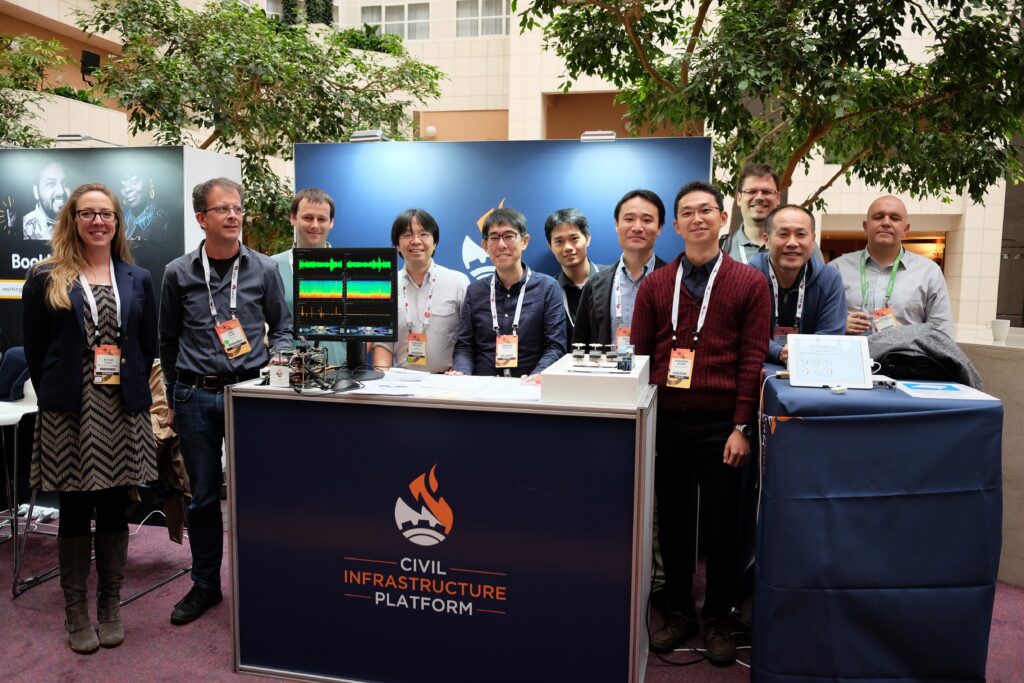
Natural disasters such as hurricanes, tornadoes, wildfires and floods have devastating effects on communities across our country. This year alone, we had back-to-back Hurricanes with Harvey, Irma and Maria and it took many months for the affected areas to begin rebuilding their electricity, water and waste management, communication and transportation systems after they were down.
These systems deliver essential services and social interactions that are crucial for daily life. They are among what IHS estimates are 20 billion connected devices this year that will continue to increase dramatically next year and onward. These connected systems and devices are being adopted in a widespread of different industries that are stored at the edge, which means edge computing at every level will become the norm. This trend highlights the urgent need for security, reliability and feature-rich software that will maintain these systems.
This exemplifies the mission of the Civil Infrastructure Platform (CIP). CIP aims to provide a base layer of industrial grade open source software components, tools and methods to enable long-term management of critical systems. Hosted by The Linux Foundation, CIP is driven by some of the world’s leading manufacturers of civil infrastructure systems such as Codethink, Hitachi, Plat’Home, Renesas, Siemens and Toshiba. These member companies are working together to create a reliable and secure Linux-based embedded software platform that can be sustained more than 10 years and up to 60 years.

CIP Members at ELC-Europe
CIP has already made huge strides since launching in April 2016. In fact, this year CIP members created the CIP Core, a reference minimal file system that offers a customizable environment that developers can use to test the CIP kernel and core packages and Board AT Desk (B@D) v1.0, a customized and easy to deploy instance of the kernelci.org and LAVA projects that allows developers to test Linux kernels on boards connected to their own development machines using the tooling provided by kernelci.org. In addition, CIP also continued to maintain the kernel and make ongoing updates, bug fixes and support maintenance.
As 2018 quickly approaches, CIP will continue its momentum. The new year will bring a focus on functional safety, an exploration of how CIP can help safety standards and certification in automobiles and more collaboration with industry influencers like Debian and other open source projects. CIP will also be making testing efforts more harmonized with the Linux Kernel community, particularly with LTS maintained by Greg Kroah-Hartman. CIP is planning to build an infrastructure to contribute the test results to LTS. Ultimately, these efforts will get CIP closer to its mission of creating industrial grade software that is resilient, secure and reliable so that when weather disasters strike, there won’t be as much of an issue to bring systems back online.



